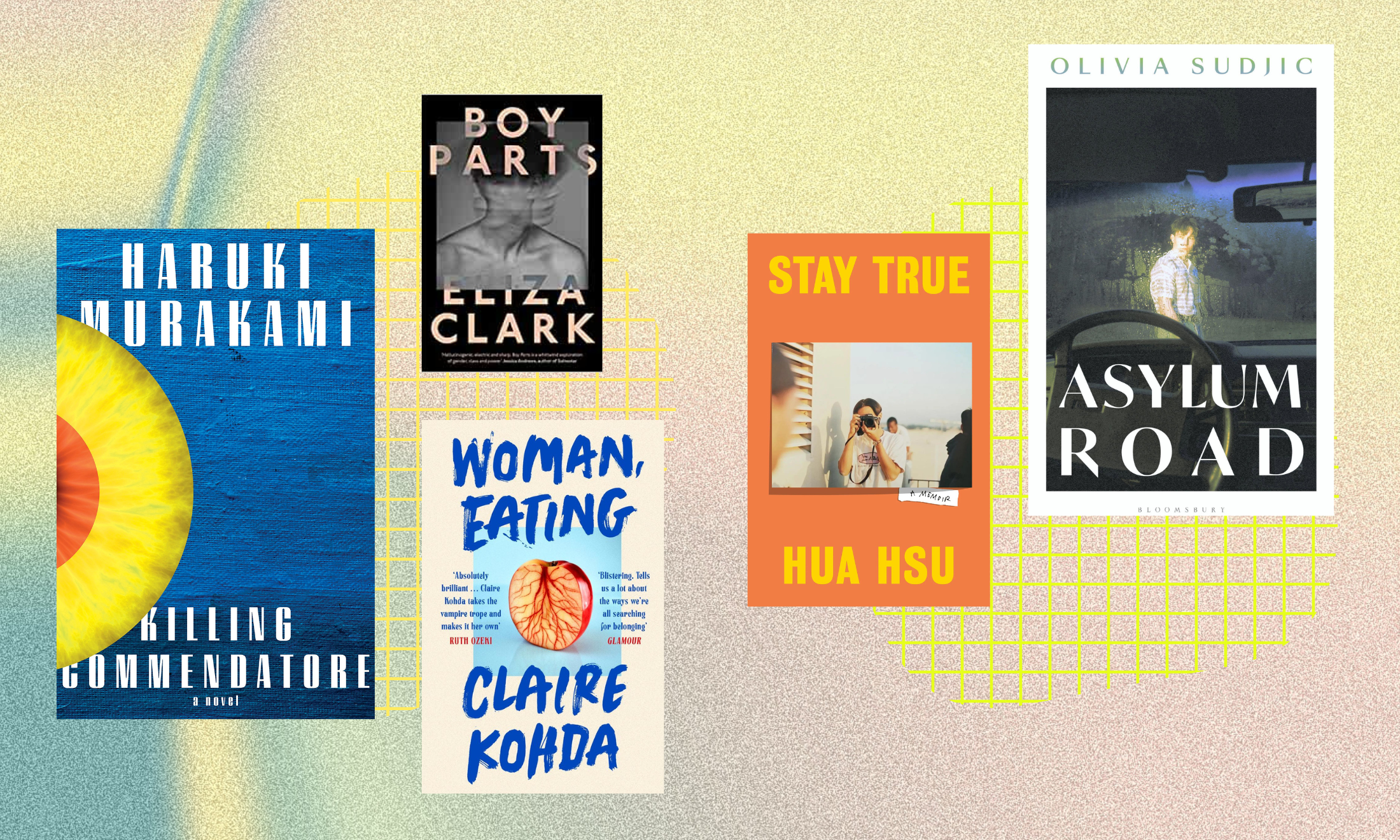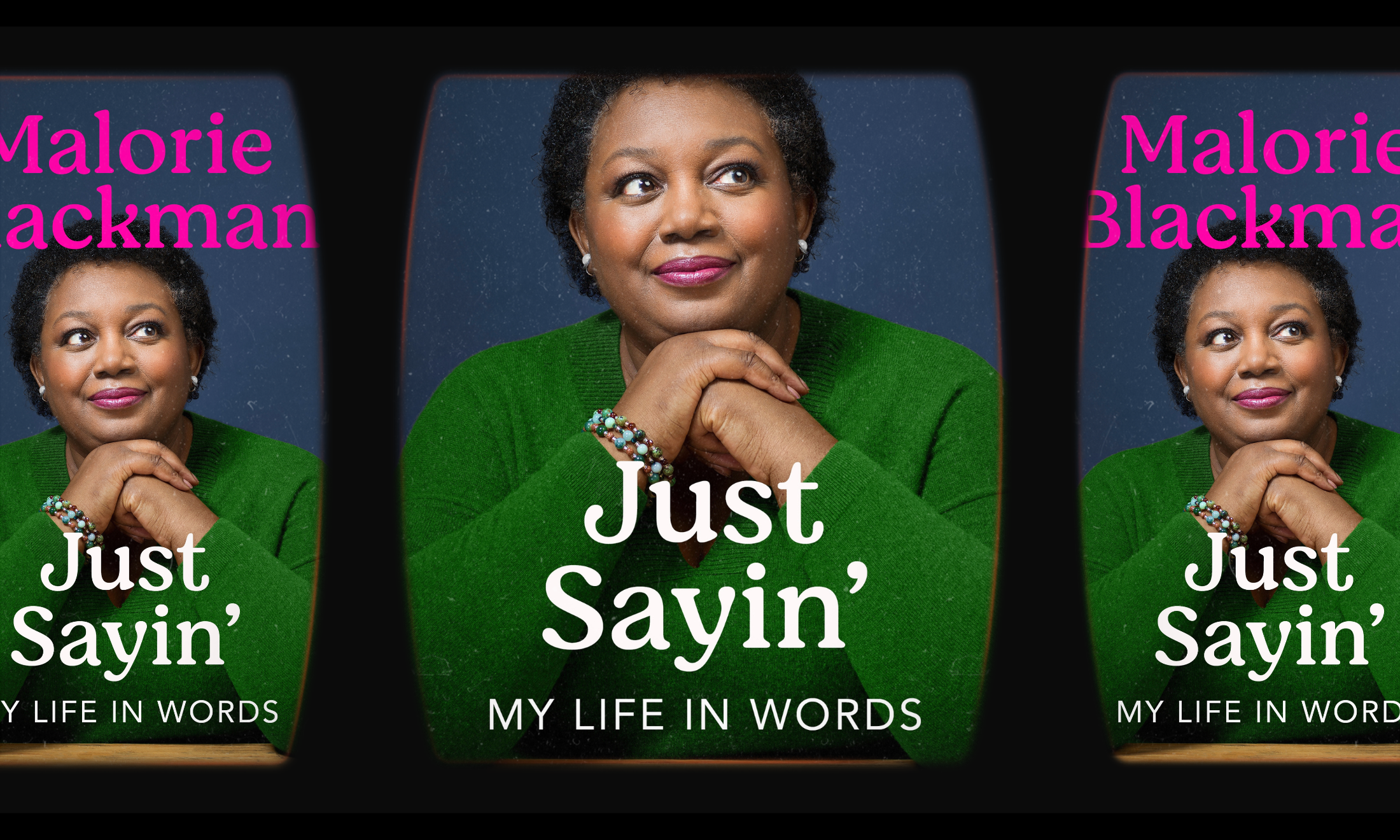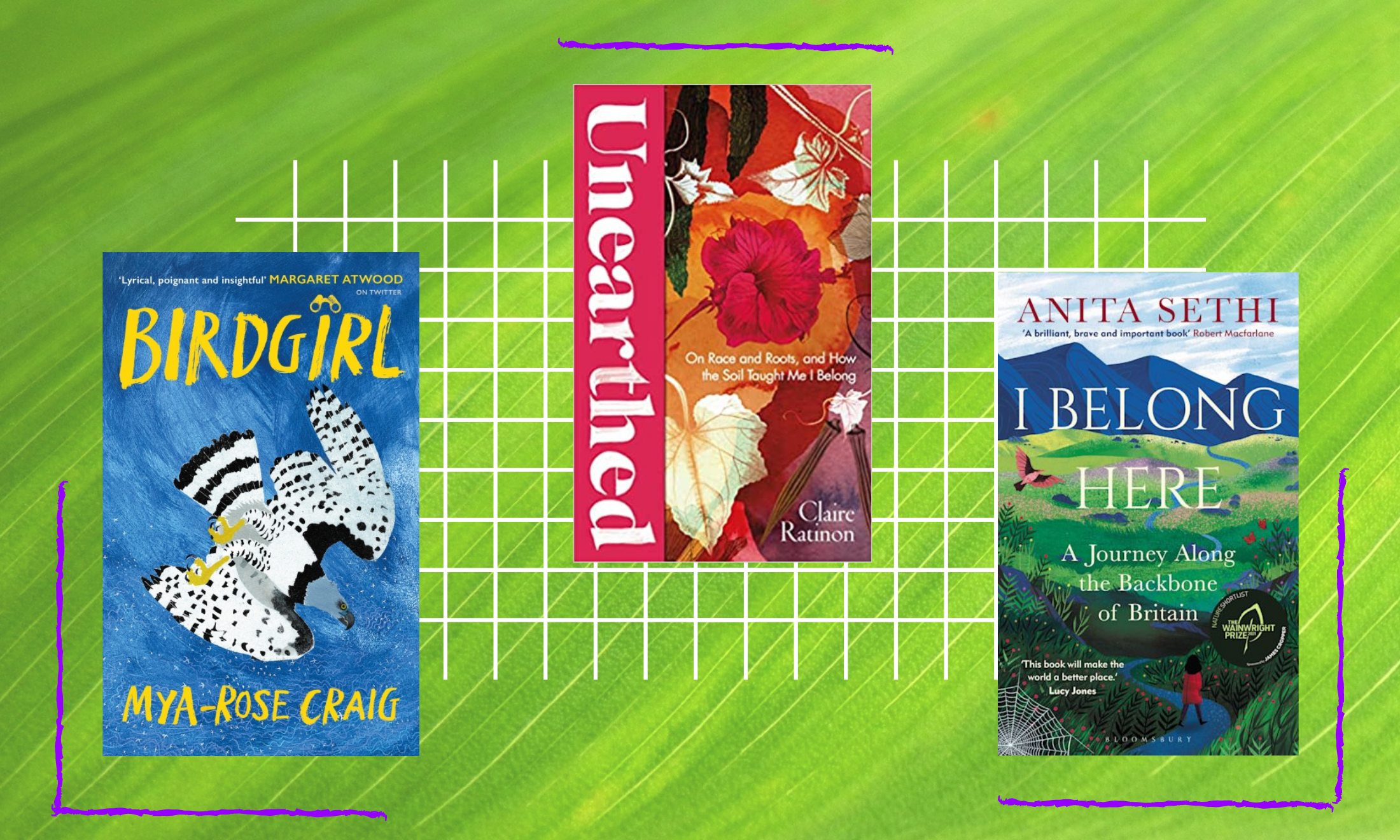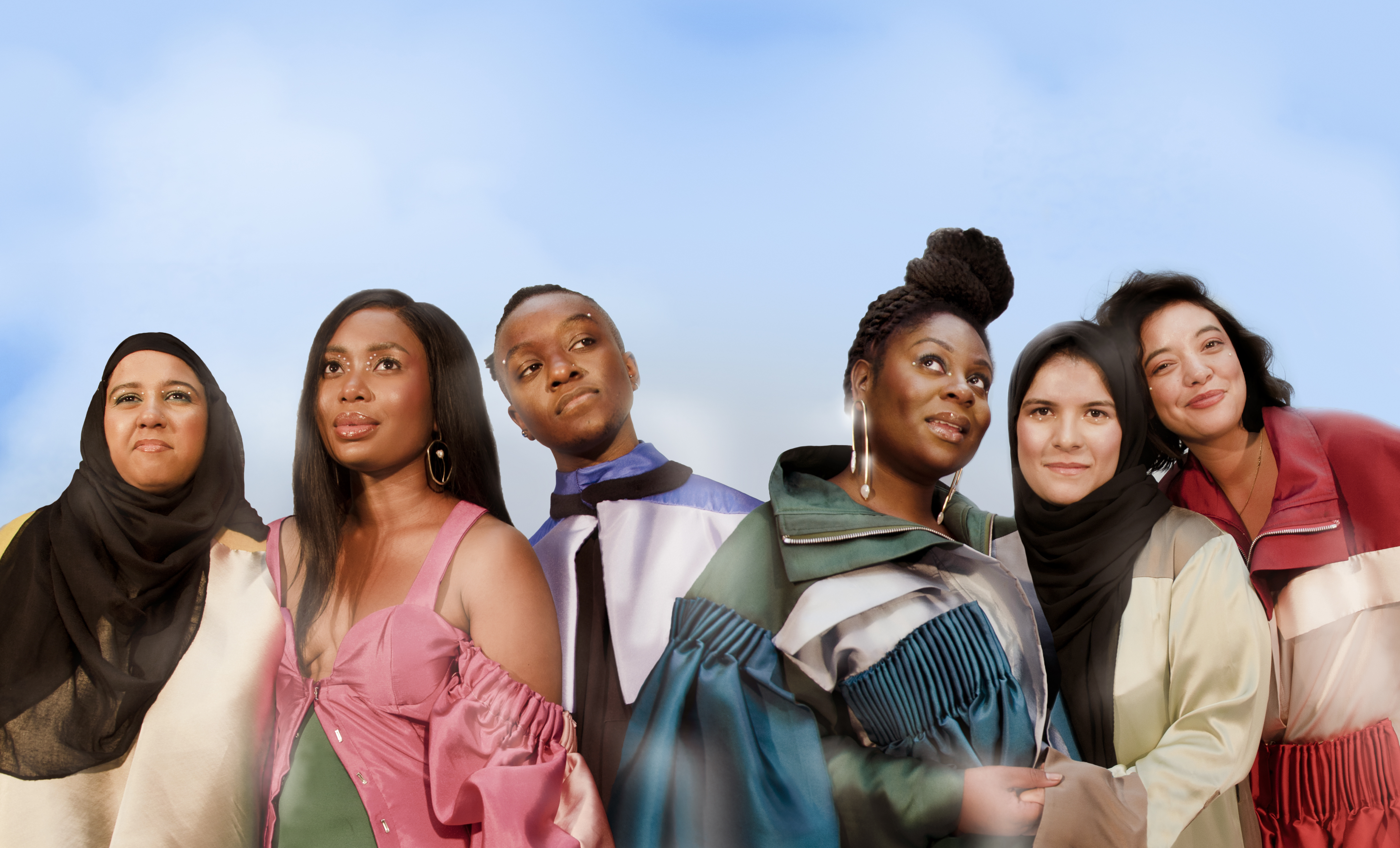
Photography by Nwaka Okparaeke
Meet the new generation creating their own happily ever after in the white publishing world
As Toni Morrison once said, ‘If there’s a book that you want to read, but it hasn’t been written yet, then you must write it.’ gal-dem’s 2019/20 cover features six debut authors who have taken Toni’s words to heart, but is the industry keeping up?
Rebecca Liu
06 Feb 2020
I’m in a small photography studio in east London, surrounded by six glamorous young writers. They are dressed in the bright, lush hues of Caitlin Price’s designs; sparkles and shimmers dot their faces. Books – their own – are spread over desks, counters and hang suspended from the set, or lie in teetering piles. Frank Ocean, Lizzo and Beyoncé supply the tunes, keeping up the energy as the writers begin to pose in front of the camera. “I’ve never had this many photos of me taken in my life!” exclaims Mariam Khan.
The loose theme of the colourful shoot is fairytales, which hits close to home: as published or soon-to-be-published authors, their dreams are coming true. And it was no easy task. To be a woman or non-binary person of colour who aspires to be a writer feels like an exercise in constant self-doubt. I know this from personal experience.
While many of my white peers wanted to be writers since they were young, confidently collecting work experience at newspapers, magazines, and publishing houses as students, I did not think I could write anything worthy of anyone reading until after I graduated, when I discovered I liked writing more than tallying up Excel sheets. Writing offered me the chance to play with ideas, discover connections between things and understand the world a bit better – to bring the stories and thoughts in my own head out into the open.
When an article of mine went viral this summer, I suddenly received enquiries about whether I would be interested in publishing a book. I had only just become comfortable describing myself as a writer; from where might I get the confidence that I could fill 400-or-so pages with my own thoughts and turn it into something worthy of public consumption? A book, as a long-term project, has both literally and metaphorically more weight than other forms of writing and seems embedded in a mysterious industry. Before the emails came rolling in, I did not have the faintest clue how people got published.
I turn to a woman who has been through it all, and succeeded. Reni Eddo-Lodge, author of Why I’m No Longer Talking to White People About Race, has had a whirlwind few years. Her viral essay on racism in the UK led to a book deal; that book then won multiple awards and became a Sunday Times bestseller. When she was preparing to publish the book in 2017, she remembers, “there weren’t many comparison titles”, referring to a publishing industry practice to compare forthcoming books to published ones: “A press release compared it to books by white young feminists.” In the same year, a survey of the UK publishing industry revealed that it was 90% white. That statistic is thrown into greater relief when you realise publishing is an overwhelmingly London-based industry, where some 40% of residents identify as BAME.
“A press release compared Why I’m No Longer Talking To White People About Race to books by white young feminists”
Reni Eddo-Lodge
In recent years, the publishing industry has seen a reckoning with its woeful track record on diversity. Before the success of Why I’m No Longer Talking to White People About Race, author Nikesh Shukla published The Good Immigrant, an essay collection of 21 writers exploring what it means to be an ethnic minority in Britain – it was voted Britain’s favourite book of 2016. When I talk to Nikesh, he points to other changes that give him hope. He mentions WriteNow, a recently established mentoring programme for writers from under-represented communities by Penguin Books, and Little, Brown Book Group’s new imprint Dialogue Books, which focuses on publishing talent outside the mainstream. There’s also indie publisher Jacaranda Books, who have pledged to publish 20 black authors in 2020 in order to “normalise” black British writing.
Over a year ago, Nikesh teamed up with literary agent Julia Kingsford to establish The Good Literary Agency, which seeks to “represent the under-represented”. It is now home to 60 writers. Niki Chang, an agent at the agency, is hopeful: diversity has “become a mainstream conversation,” she notes, “it’s on everyone’s mind”.
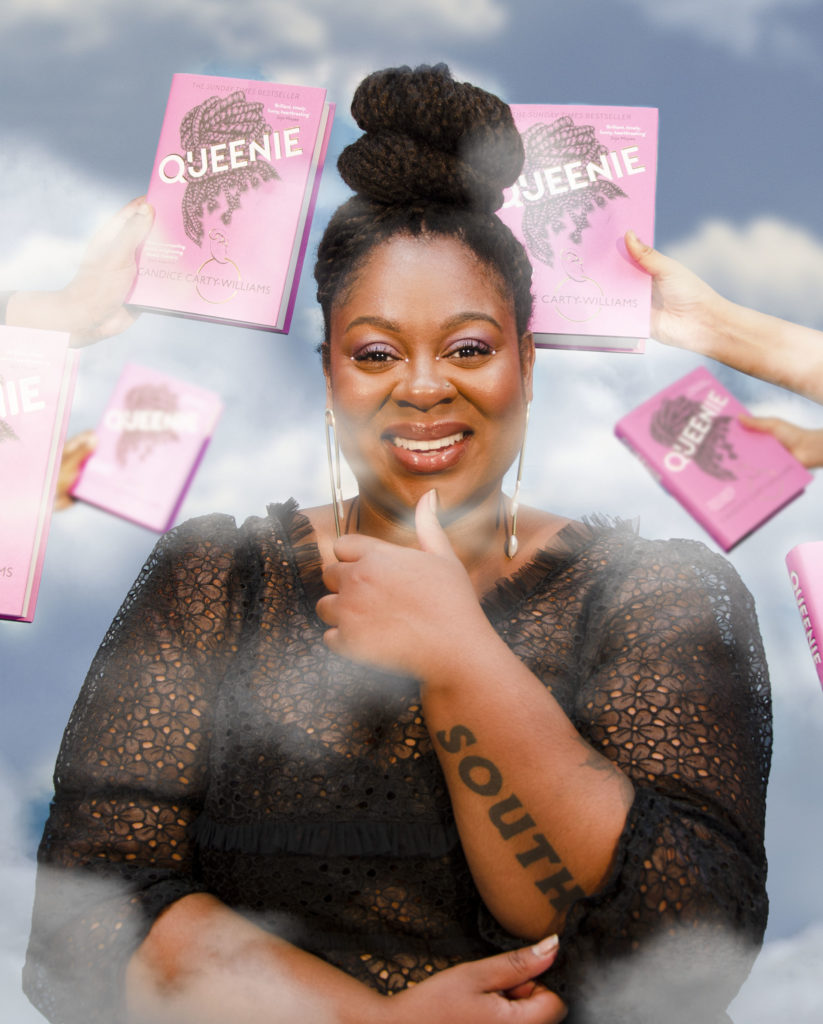
Candice Carty-Williams 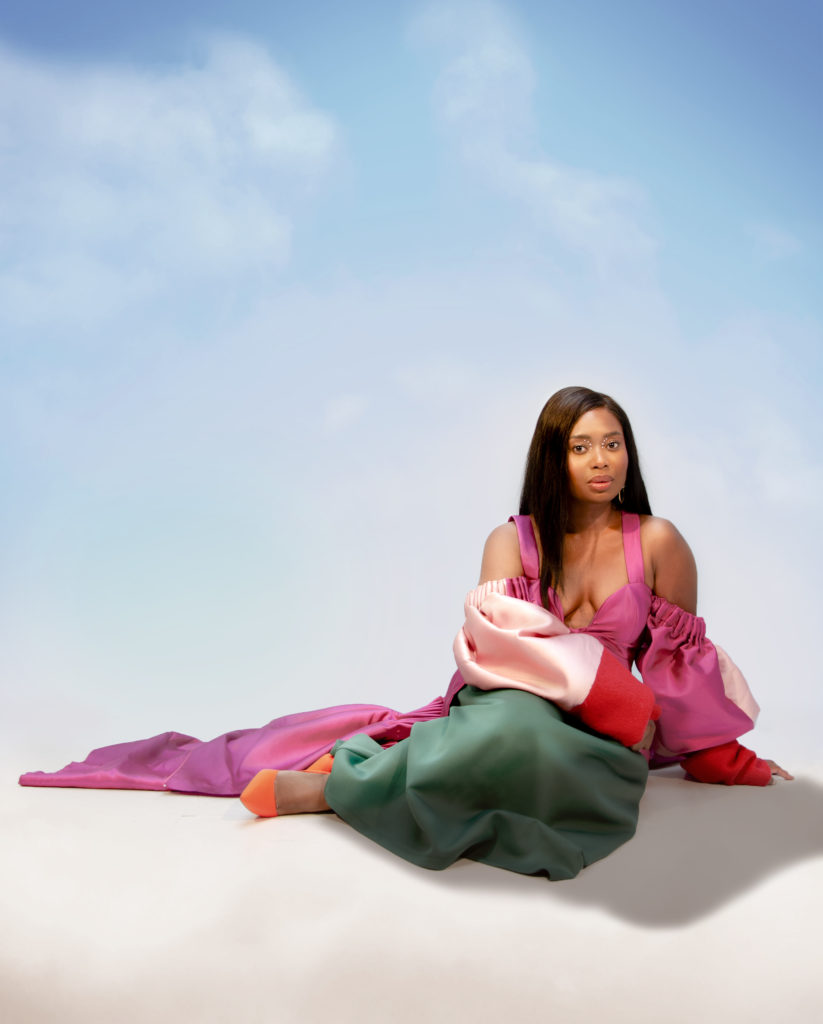
Victoria Princewill
This energy can be felt here in the east London photography studio where our six debut writers are now gathered around a table, reflecting on the day. Mariam Khan, editor of It’s Not About the Burqa, observes that “to be in a room full of people who are so talented, it’s reaffirming”. The power of bringing people together is embedded in Mariam’s work. It’s Not About the Burqa collects personal essays that challenge David Cameron’s characterisation of Muslim women as “traditionally submissive”.
“I wanted to take that narrative down,” Mariam tells me, “so I decided to create a collection of essays to get 17 women together to talk about the everyday reality of their identity and their lives.”
“I’m really proud of my book, Mixed Feelings. Looking back, everyone is very honest. It’s a special kind of vulnerability”
Naomi Shimada
The power of the personal essay is echoed by Naomi Shimada, a model and campaigner taking on the mantle of author with her forthcoming debut Mixed Feelings. An essay collection co-authored with journalist Sarah Raphael, Mixed Feelings explores how women relate to the internet and includes contributions from other writers. “Social media forces people to feel things in isolation,” she observes. Mixed Feelings aims to break down that loneliness: “I’m really proud of it. Looking back, everyone is very honest. It’s a special kind of vulnerability.” Meanwhile, Candice Carty-Williams recounts the outpouring of support following the publication of Queenie, a bestselling novel about a young Jamaican-British woman in south London.
“I get at least a dozen messages a day, saying ‘I feel less alone’,” she tells me. Sometimes those messages are more to the point: “were you stalking me?!” And they’re not always from Londoners; she remembers receiving emails from readers in Brooklyn and Harlem. Queenie is a distinctly London-based story, but also touches people all over the world – is there any greater sign of the power of writing?
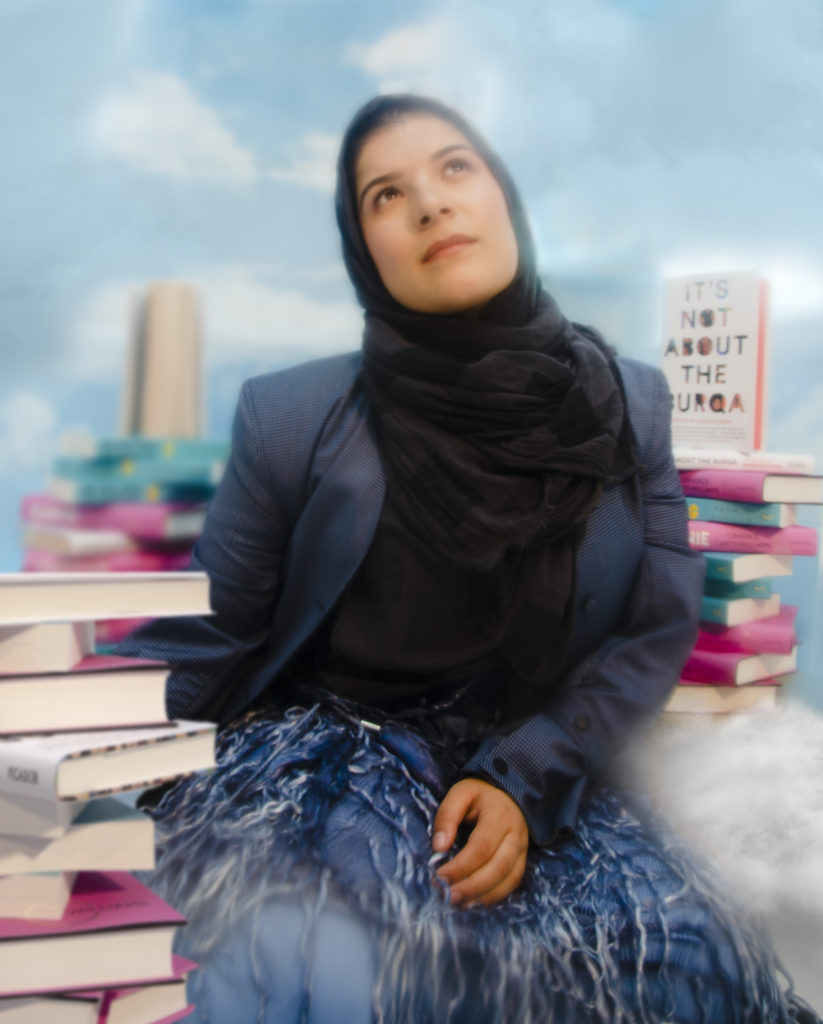
Mariam Khan 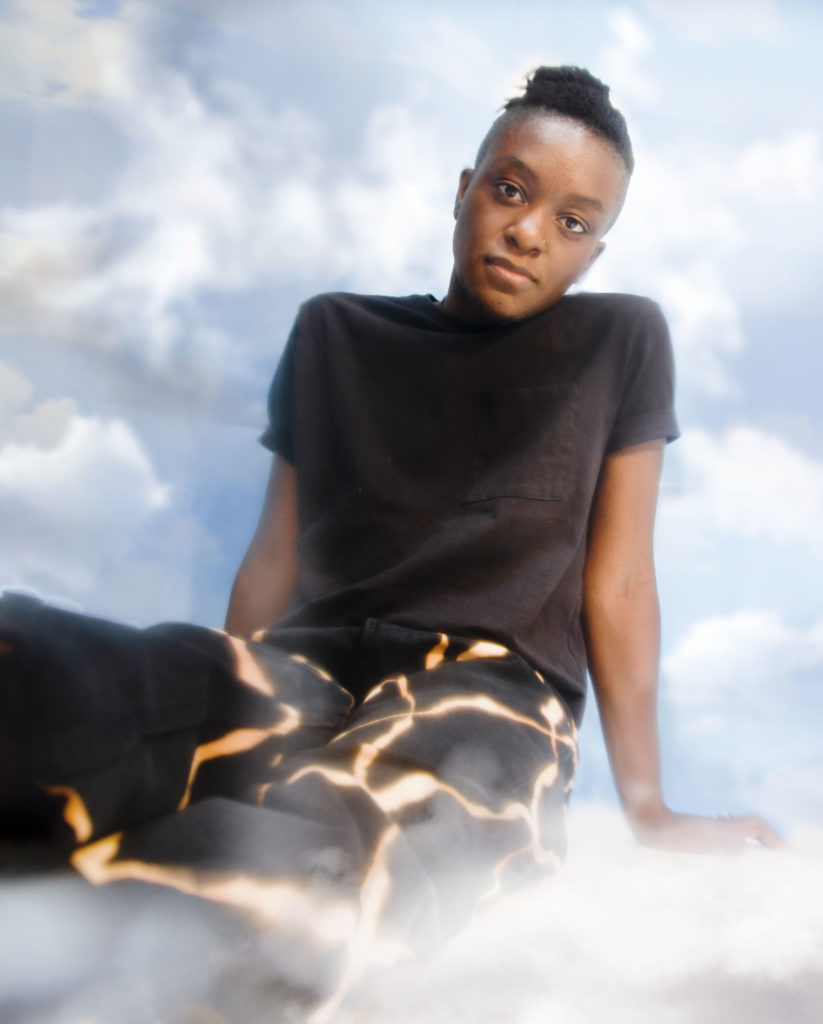
Jay Bernard
The reception to Queenie speaks to Candice’s talent; it also reflects the importance of telling stories long ignored. Victoria Princewill, author of the upcoming historical novel In the Palace of Flowers, remembers the joy of reading a recognisable scene in Chimamanda Ngozi Adichie’s Americanah: “She’s got this bit in the beginning on how black girls do their hair. This is such a central thing to my life, and other black girls growing up. I’ve never seen it normalised in a book that everyone might read.” Victoria herself is looking like royalty, dressed in an electric pink-and-green gown with tiny pearls dotted around her eyes. It’s fitting as her debut In the Palace of Flowers is set in an Iranian court in 1894, though she eschews the usual focus on high-court intrigue to follow the lives of the Abyssinian enslaved people who served there. “I’m really interested in stories about people who have had their agency taken away from them,” she tells me.
“I’m always overwhelmed by how many non-Western stories there are that aren’t told, that aren’t brought to the surface.”
Often, conversations around diversity in publishing centre around adult fiction and non-fiction. However, in other genres the statistics can be worse: a 2018 study from the Publishing Research Quarterly showed that the percentage of young adult books written by BAME authors has declined since 2010. In the same year, the Ledbury Emerging Poetry Critics found that 9% of poems published across British poetry publications between 2012 and 2018 were by writers of colour; 2% of them were published in one publication.
“I’m really interested in stories about people who have had their agency taken away from them”
Victoria Princewill
When young adult fiction writer Yasmin Rahman was a teenager, she remembers “looking out for [YA] books written by Muslim authors about Muslim characters. And I found that all of them were about the same type of things: arranged marriages, suicide bombings, all this stuff.” When it came to writing All the Things We Never Said, a tightly-woven thriller about three young women brought together by an ominous website, Yasmin says, “I wanted a character who is religious, and it’s not an issue at all. It’s just a thing that is there in the book… she’s comfortable with it.”
It is a dilemma faced by many writers of colour: how should you write about race to a readership that is overwhelmingly white and middle-class? When Jay Bernard was writing Surge, a poetry collection that explores the 1981 New Cross fire that cost 14 black teenagers their lives, they were conflicted: “Am I writing trauma porn?” But, they counter, “when I was about 16 or 17, I would have appreciated a creative or imaginative engagement with history, particularly with an event that was so seismic for black British history and yet receives such little attention.”
When I ask Jay whether there is any particular cause of the lack of diversity in the British poetry world, they tell me “although you can get more writers [of colour] publishing books, we don’t always have the necessary critical reception. A book can sell tons but you might not get the longevity that comes with the book being reviewed in a major paper, for example. That’s where the power lies.”
The larger structures of the publishing industry, and where power actually lies, is on the minds of all six authors. When we think of diversity, Victoria notes, “we often think about what we call ‘front of office’.” But we also need to think of who is pulling levers in the back.
“I would have appreciated a creative or imaginative engagement with history, particularly with an event that was so seismic for black British history and yet receives such little attention”
Jay Bernard
Speaking later with Aimee Félone, co-founder of inclusive children’s books publisher Knights Of, she echoes the need to examine all branches of the industry: “People often see publishing and think, ‘Oh, it’s just editorial’. But there are marketers and publicity teams, librarians and booksellers. And there isn’t enough diversity within those departments, either.” These teams are integral to the success of a book, but what happens when they are composed of like-minded people who know nothing about your world?
Sharmaine Lovegrove, founder and publisher of Dialogue Books, is constantly floored by how publishing, for such a London- centric industry, fails to reflect the diversity of the city. “The gatekeepers aren’t representative of the wider culture of the city,” she says. “It’s very hard for them to push an agenda that they’re not even aware of.” The need for gatekeepers to examine their biases and find new ways of reaching different communities is supported by Nikesh: “I want sales, marketing and publicity teams to not think about how they attract the audiences they’ve always attracted, because those audiences aren’t very diverse” – we need to think beyond getting “a great review in the Guardian and The Sunday Times.”
Across my many conversations, a clear picture emerges. In publishing today, the need for greater diversity is widely accepted in principle: what lingers is an institutional structure unused to accommodating new voices and gatekeepers who don’t always know what voices are missing or how to nurture them when they do arise.
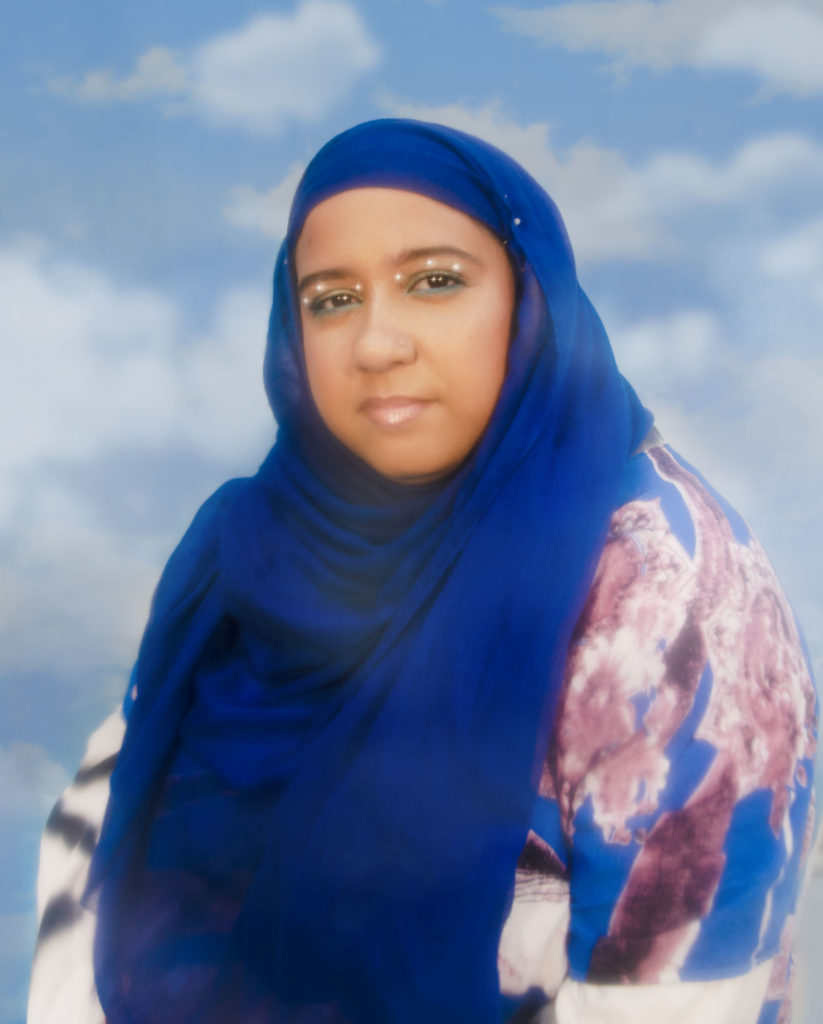
Yasmin Rahman 
Naomi Shimada
I finally ask our six writers what they need to feel supported throughout their careers – or as Mariam puts it, how to get over the fear that “we are only going to get one chance, so we’re going to cram everything into this one thing”.
They have shared anxieties. They feel overwhelmed by the short-termism of the publishing industry, which seems focused on quick wins over long-term groundwork – you would be awarded a grant, or your book would be published, and then you’re left alone. Because they feel exceptional in these worlds, they take on extra emotional work to succeed, often acting informally as their own publicists and marketers. They have their feet in the door but feel deeply alone.
It is not an issue only faced by writers. Emma Paterson, literary agent at Aitken Alexander, tells me that the industry needs to focus on retention rates going forward.
“Access is one thing,” she notes, but an equally important factor is to examine “how different demographics are retained by the industry”. A 2019 study by Creative Access, a social enterprise that helps young people of colour find jobs in the arts, discovered that nearly a third of former publishing interns found it difficult to continue in the industry after their initial placement.
Entry-level access schemes and high- profile announcements can only take a heritage industry so far; you also need a wholesale cultural shift and strong structures on the ground. That means thinking local. A surprising frustration that came up in interviews was the sense that the British publishing industry was not only lagging behind its counterpart in America, but that it was cribbing from American successes to plug domestic gaps. Several people I spoke to recounted sending manuscripts by BAME authors to both British and American publishing houses for consideration — they received rejections here and unanimous support abroad; another noticed “publishers will take books of writers of colour from the US and bring them here, without nurturing the writers here”.
“Access is one thing but an equally important factor is to examine how different demographics are retained by the industry”
Emma Paterson
If the rhetorical battle for the need for diversity has been effectively won, it seems that the next step forward means laying the groundwork to ensure that it can thrive. That will require working with under-represented writers through their failures and sophomoric slumps; equipping incoming talent from all quarters of the publishing industry with substantive resources to succeed in the long term; to understand that if your task is to reach new audiences and writers, you have to actively go out to support new literary cultures that go beyond the vaunted pages of weekend broadsheets.
It requires, at the end of the day, believing in the value of literature and what it is for. In their own books, our authors have uncovered stories hidden throughout history; platformed voices too long unheard; challenged the depersonalising effects of the internet, and made readers laugh and cry. It’s never been so important to explore what it means to be human – and all you really need is to pick up a pen.
Taken from gal-dem’s print issue UN/REST, on sale now
***
Photography by Nwaka Okparaeke
Styling by Ella Lucia, assisted by Rada McNally and Alia Nusseibeh
Make up by Jasmine Hamilton


